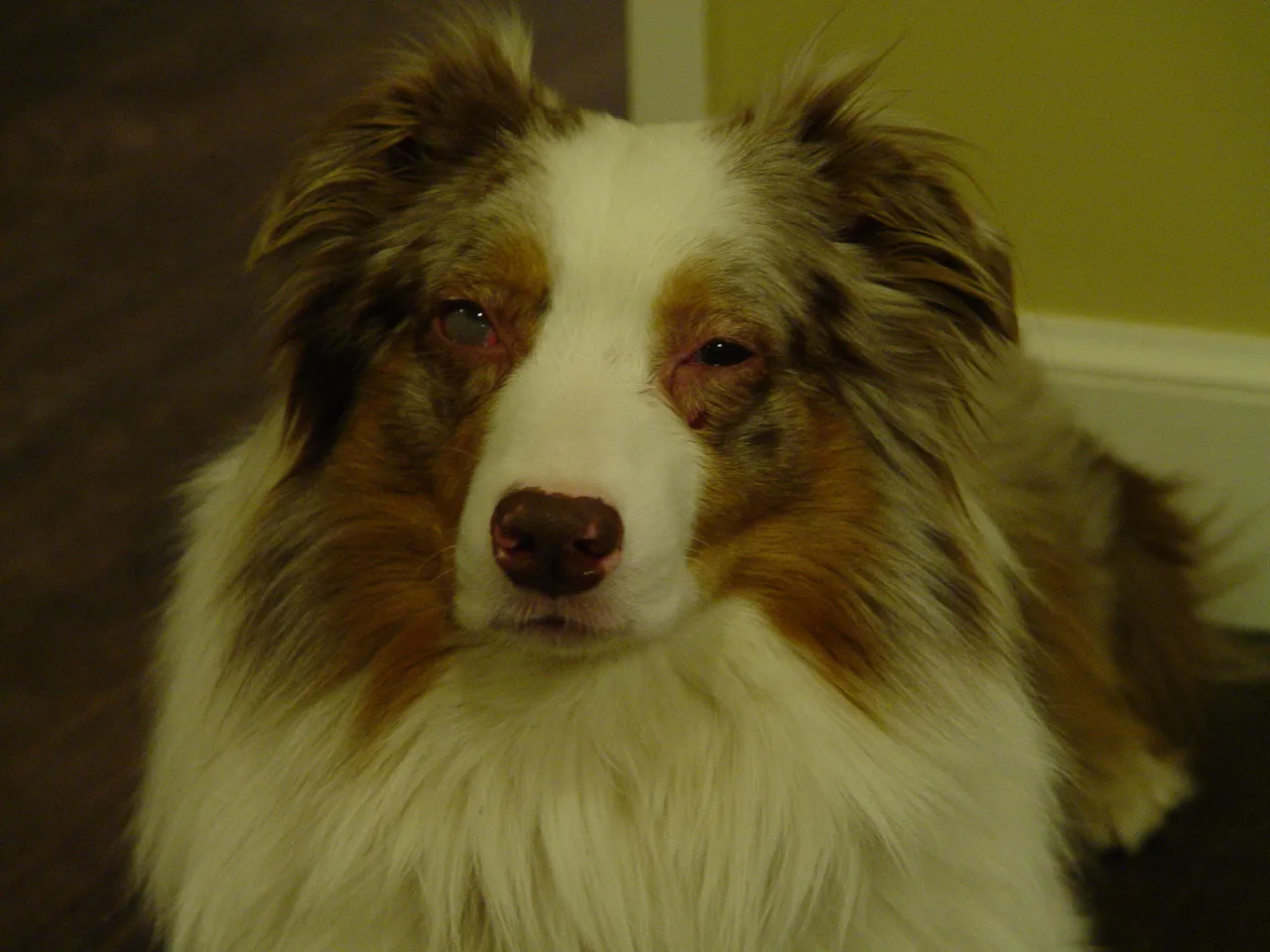Histoplasmosis is a fungal, non-contagious infection that is caused by a certain fungus that dwells in the soil - Histoplasma capsulatum, it is present on a global scale, and it has the ability to infect both animals and humans. This infection is common amongst cats and dogs, and it has the ability to survive in warm, and moist environments, It is commonly found in soils that contain feces of birds or bats.
The infection gets into animals and humans after the fungus has been inhaled. Cats are however more prone to the infection than dogs, Healthy animals are usually able to fight the infection in such a manner that signs and symptoms may not even be displayed, and eventually, they will be able to rid themselves of histoplasmosis. On the other hand, when an animal has a weak immune system, it could mean a harder time with the control of Histoplasma fungi, and this could lead to the occurrence of a stronger life-threatening disease that is difficult to cure. Even after some animals have been treated successfully, there are still possible cases of relapse that could lead to a recurrence of clinical signs and symptoms.

Image source
The clinical display of histoplasmosis sometimes varies between cats and dogs, depending greatly on the infected organ. In cats, signs like; weight loss, reduced energy, increased respiratory rate, and reduced appetite. Dogs, on the other hand, have symptoms like fever, weight loss, reduced appetite, reduced energy, and diarrhea.
Diagnosis begins with a proper physical examination carried out by a vet, this physical examination would be to determine the organs that will be affected. Lab work will also be carried out, this is to gauge the health of the internal organs and to help with the determination of how well the immune system is handling the disease. Upon diagnosis, long-term treatment will be administered, which would last for about 6 months at a minimum, but the treatment will continuously be administered until every clinical sign and indicator of the disease are completely resolved.
After a successful treatment procedure, blood tests and checkups will be required from time to time in order to ensure that the infection is no longer there and that the pet will not relapse. In a case where there is a relapse, then the pet would need to begin to take anti-fungal medications all over again.
There is no current vaccine that could help prevent histoplasmosis in both cats and dogs, but minimizing exposure to soil that is contaminated with the feces of bats and birds, will help a lot. Also, limiting the exposure of outdoor cats to strange buildings, and exposure to poultry will help to minimize the chances of infection, The moment a particular dog or cat is tested and found with histoplasmosis, other pets should be tested as well.
As stated earlier, histoplasmosis can affect humans too, but it is not spread from animals to humans, nor does it spread amongst humans, but in very rare cases, the infection could be passed through an organ transplant with an infected organ. Breathing in Histoplasma is almost unavoidable in areas where it is present, those who have a weak immune system, or who do jobs that expose them to infected soils also have a strong chance of getting it.
That, your pet has the disease shouldn't create any form of fear in your mind, but remember the need to appropriately wash your hands and practice safe hygiene as the true risk of getting the infection lies in sharing the same environment with an infected soil.
Conclusion.
Histoplasmosis is very dangerous, Some category of pets that get infected but don't get to show symptoms would often recover on their own, but when a pet gets sick from the disease, it is most likely that they would not survive it. Many of the sick pets that go through treatment have only a very fair chance of survival. Those who have multiple organs involved with the disease may not survive after a few years even after they may have initially been treated successfully.
References.
https://www.sciencedirect.com/topics/veterinary-science-and-veterinary-medicine/histoplasmosis
https://www.ncbi.nlm.nih.gov/pmc/articles/PMC9410202/
https://www.dvm360.com/view/canine-and-feline-histoplasmosis-review-widespread-fungus
https://www.msdvetmanual.com/generalized-conditions/fungal-infections/histoplasmosis-in-animals
https://veterinarypartner.vin.com/default.aspx?pid=19239&id=10267110
https://www.cdc.gov/fungal/diseases/histoplasmosis/risk-prevention.html
https://vcahospitals.com/know-your-pet/canine-histoplasmosis